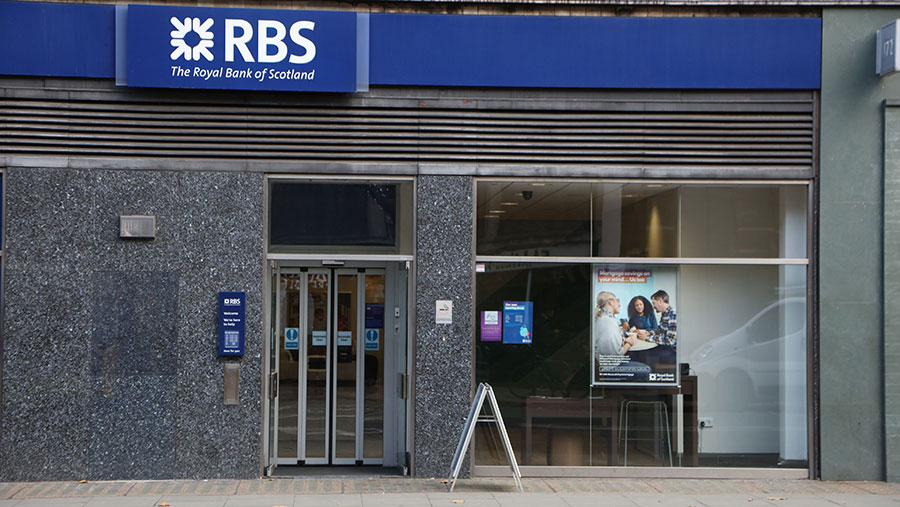Survey reveals financial vulnerability in the countryside
 © REX/Shutterstock
© REX/Shutterstock Adults living in the countryside are more likely to be financially vulnerable than their urban counterparts, a survey has revealed.
The research, carried out by the Financial Conduct Authority (FCA), showed that 54% of adults in rural areas lived in potential vulnerability compared with the UK average of 50%.
The FCA explained that vulnerability was not simply the level of indebtedness but a range of components, such as low earnings, lack of online access and health problems.
Online access
One major difference uncovered was access to online financial services in rural areas. Of UK adults who never use the internet, 70%, or 3.7 million people, live on farms or in villages.
It means the take-up of mobile banking by adults with a day-to-day account in rural areas, at 23%, is just half that of adults in urban areas (45%).
See also: 6 tips for improving short-term farm finances
The lack of online access means there is a greater dependency on bank visits, with 68% of country people using a branch in the past 12 months against 61% in towns.
Work and incomes
Rural dwellers are less likely to be working, with under half (46%) employed, compared with 62% in towns and cities.
As a result, household income was 10% lower for rural people, at an average of £41,000, compared to £46,000 in urban areas.
The survey also revealed more retired country people depend on a State Pension (51%) as their main income compared to 44% of urban dwellers.
Education
Additionally, educational achievement levels were much poorer in the countryside, with only one in three holding higher qualifications compared with 41% in built-up areas.
The difference was even starker for those with no qualifications at all at 23% in rural situations – almost double the 12% level for people who live in urban locations.
Debt
However, responses to the survey revealed that the level of debt in rural areas was lower, with fewer people (37%) borrowing through credit cards, overdrafts and high-cost loans compared to the UK average of 46%.
More adults in urban (27%) than rural (20%) places have been overdrawn in the past 12 months and more urban adults (20%) than rural adults (14%) possess a credit card that they do not pay off the monthly balance on. It means adults in rural areas owe far less on average (£2,510) than their urban counterparts (£9,150).
Mortgage debt reflected a similar situation, with more adults in the country owning their home outright (42%) compared to less than a third (30%) in Britain’s towns and cities.
But average mortgage debts in the countryside, at £123,000, were similar to the UK average of £126,000.
Health
The survey also looked at health issues. It found one in three (32%) adults in the countryside had one or more long-term physical or mental health problems, well above the UK average at less than a quarter (24%)
The survey
The FCA canvassed 13,000 people aged 18 and over. Interviews were carried out online and face-to-face to ensure non-internet users were included. The survey data can be interpreted in many different ways. This report shows the results across different geographic areas of the UK.
Reacting to the survey, the Country Land and Business Association focused on the disadvantages arising from poor online access.
The organisation’s senior rural business adviser Charles Trotman said: “As more and more services come online it is vital for rural areas to have the same digital connectivity available in towns and cities. However, homes and businesses across the countryside are still being disadvantaged by poor broadband and mobile coverage.
“Farmers struggle to fill in important BPS or tax documents, while barriers are created for rural tourism businesses who can’t offer digital services to guests or even operate online booking systems.”
